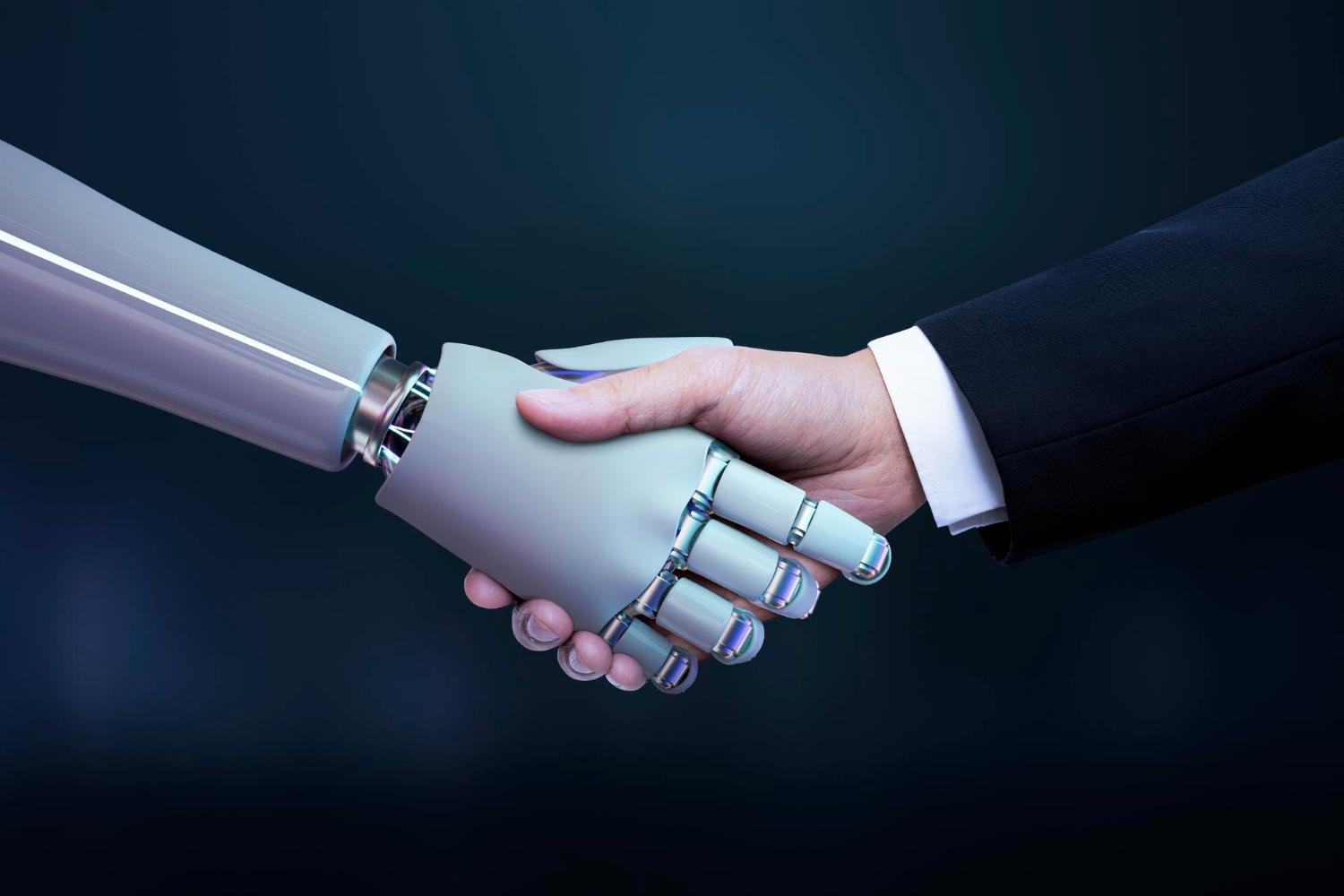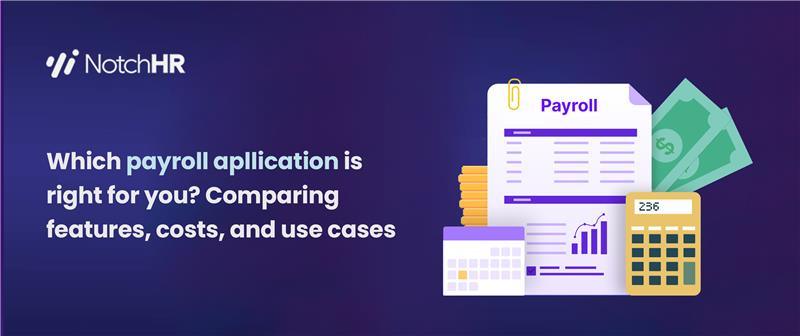Artificial intelligence (AI) is revolutionizing many industries, and Human Resources management is no exception. From recruitment, performance management to employee engagement and beyond, AI is transforming how HR professionals work.
To stay ahead of the curve, HR professionals must understand the latest trends and insights in AI & HR.
In this blog post, we will explore the current state of AI in HR, trends and other insights touching on AI & HR.
Does HR management need AI?
Sarah Aerni, director of data science at Salesforce was in her element when she revealed the outcome of their recent research – “50% of the activities that we pay people to do can be automated by adapting currently demonstrated technologies.”
This revelation takes us to the most recurring question since the introduction of AI – ‘will AI take our jobs?’. she added that “It’s important to think about mass redeployment instead of mass unemployment. That’s the right problem to solve.”
This is one of many ways AI is changing how we approach work. And as someone who constantly has to recruit and relate with talents, you need to stay on top of these AI insights and trends.
How are HR managers currently using AI?
Companies across the globe are already using AI in HR. It automates various tasks and decision-making processes, from candidate sourcing to employee engagement. Here are some of the current trends and developments in AI and HR:
Recruitment
HR managers are beginning to use AI to streamline their recruitment process by automating tasks, such as, candidate sourcing, screening, and shortlisting. This helps to reduce the time and cost associated with recruitment and improve the quality of hires.
For instance, NotchHR Recruitment helps recruiters automatically come up with job descriptions, handling one of the most challenging parts of tasks in the recruitment process – job description.
Read also: 8 Recruitment Tips to Get the Best Candidates

Performance management
AI is also helping to track employee performance, provide feedback, and identify areas for improvement. This comes in handy in performance evaluations, making the process more objective and fair. Also, it provides employees with personalized feedback and development opportunities.
Employee engagement
AI is becoming a ‘helping hand’ that assists HR managers to analyze employee sentiment and engagement levels through surveys, social media, and other channels. This helps HR professionals to identify issues and take proactive measures to improve employee experience and retention.
Chatbots
AI-powered chatbots automate HR tasks such as answering employee queries, providing onboarding support, and managing leave requests. It improves HR efficiency and employee satisfaction.
Natural language processing
AI-powered natural language processing is used to analyze employee feedback, social media posts, and other unstructured data, to identify trends and insights. This can help HR professionals to make more informed decisions and improve employee experience.
These are just some of the current trends and developments in AI and HR. Some of the companies that are successfully using AI in their HR operations include Unilever, IBM, and Hilton. While AI offers numerous potential benefits for HR management, it also presents several challenges and potential drawbacks. Let’s take a closer look at some of the benefits and challenges of AI in HR.
Read also: 7 Benefits Flexible Work Arrangements for Employees
Benefits of AI in HR
Increased efficiency and accuracy
AI can automate many HR tasks, such as candidate screening and performance evaluations, which can help reduce the time and cost associated with these processes. It also minimizes human error.
Improved decision-making
AI can help HR professionals to make more informed and objective decisions by providing data-driven insights and recommendations.
Enhanced employee experience
AI can help to personalize and improve the employee experience by providing personalized feedback, support, and development opportunities.
Cost savings
By automating HR tasks, AI can help to reduce HR-related costs and free up HR professionals to focus on more strategic initiatives.
Challenges of AI in HR
Data privacy concerns
As AI relies on data, there are concerns about data privacy, security, and confidentiality. HR professionals need to ensure that employee data is protected and used responsibly and ethically.
Ethical considerations
AI raises ethical concerns, such as the potential for bias and discrimination. HR professionals need to ensure that AI is used in a fair and unbiased manner and that employees are not discriminated against based on their gender, race, or other factors.
Less human touch
AI can sometimes be perceived as impersonal, which may negatively impact employee engagement and morale. HR professionals need to find the right balance between using AI and maintaining human interaction and empathy.
Resistance to change
Some employees may resist the adoption of AI in HR due to fear of job loss or lack of understanding of the technology. HR professionals need to communicate the benefits of AI to them, and provide adequate training and support to help employees adapt. These professionals need to explain that it is not there to take thier jobs, but to facilitate it. By understanding the potential benefits and challenges of AI in HR, HR professionals can make informed decisions about how to best leverage AI in their operations.
Read also: 10 Tips for Building a Successful HR Career
Future Outlook for AI and HR
The use of AI in HR is still in its early stages, but the potential for growth and advancement is significant. Let’s examine some of the potential future developments of AI in HR.
Increased automation
As AI technology continues to improve, we can expect to see even more HR processes and tasks automated, such as onboarding, offboarding, and benefits administration.
Enhanced predictive analytics
AI can help HR professionals to identify trends and patterns in employee data, enabling more accurate predictions about future employee behaviour and needs.
Improved employee engagement
AI can help HR professionals to better understand employee needs and preferences, and offer personalized support and development opportunities, leading to higher engagement and retention rates.
Increased use of chatbots and virtual assistants
Chatbots and virtual assistants can help to improve HR service delivery by providing employees with quick and personalized responses to their inquiries and concerns.
Ethical and regulatory considerations
As the use of AI in HR continues to expand, there will be an increased focus on ethical and regulatory considerations, such as data privacy and security, fairness, and transparency.
As AI technology continues to evolve and become more advanced, we can expect to see more significant changes and developments in the field of HR. HR professionals should stay up-to-date on the latest AI trends and developments and be prepared to adapt to the changing landscape of HR technology.
Conclusion
As we’ve seen, AI has the potential to revolutionize the field of HR, from improving recruitment and onboarding processes to enhancing employee engagement and experience. However, as with any new technology, some potential challenges and concerns need to be addressed.
As we look to the future of AI in HR, it’s important to keep in mind that technology alone is not enough to solve all HR challenges. Human expertise, judgment, and empathy will always be critical components of effective HR management.
So, what does the future hold for AI and HR? What new trends and developments can we expect to see in the coming years? How can HR professionals prepare themselves for the changes ahead? These are questions that we’ll explore in future blog posts in this series on AI and HR.
Join us as we continue to explore the exciting intersection of AI and HR, and stay ahead of the curve in this rapidly evolving field.



